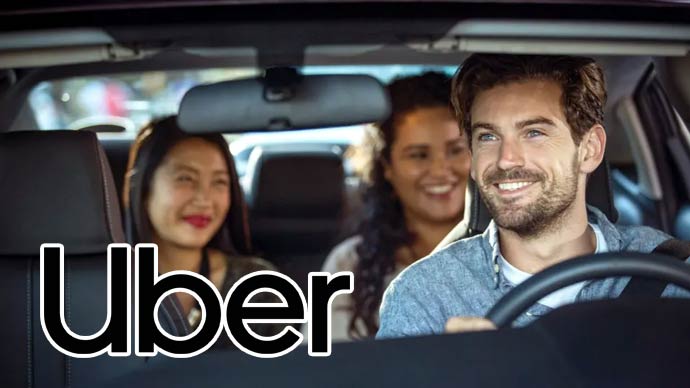A Californian judge has ordered Uber (and Lyft another ridesharing company) to start classifying more than 100,000 California drivers as employees instead of independent contractors. Once the drivers become employees, they are entitled to full employment benefits, including overtime and unemployment insurance.
Uber and Lyft were sued in May by California Attorney General Xavier Becerra on behalf of the drivers of the cities of Los Angeles, San Francisco and San Diego.
The Attorney General claimed the ride-hail giants Uber and Lyft were violating state law by misclassifying drivers as contractors and sought injunction to force a change in the ridesharing drivers’ employment status.
At the hearing last week, arguing before the San Francisco Superior Court Judge Ethan Schulman, a lawyer for Uber passionately argued for almost three hours to state how her client Uber was exempt from the law – because it was not the “hiring entity” that employs drivers.
She said Uber merely provides a technology platform that connects drivers and riders.
Delivering the verdict on Monday, August 10, Judge Schulman flatly rejected that argument and found that the drivers qualify as employees because they do not perform work that is “outside the usual course” of the companies’ business.
“To state the obvious, drivers are central, not tangential, to Uber and Lyft’s entire ride-hailing business,” Judge Schulman wrote.
Judge Schulman then stayed his ruling for 10 days to give Uber and Lyft a chance to appeal, an avenue Lyft said it would pursue immediately.
“Drivers do not want to be employees, full stop,” Lyft said in a statement Monday. “We’ll immediately appeal this ruling and continue to fight for their independence.”
At the heart of the dispute is Assembly Bill 5 of the state of California which sought to codify the labor standard established by the California Supreme Court in its 2018 ruling in Dynamex v. Superior Court.
After that decision, to classify workers as independent contractors under that standard, companies must show they do not directly control the worker, the work done falls outside the company’s usual course of business and the worker is “customarily engaged in an independently established trade.”
As per the verdict of Judge Schulman, the law laid down in the Dynamex v. Superior Court is applicable and Uber and Lyft are not exempt.
Similar Posts by The Author:
- Confession: Jacinta Allan wants to do acting in Bollywood
- With a house on a hilltop, wedding in the offing, is it time for Anthony Albanese to bow out, gracefully?
- CBI arrests RG Kar college ex-principal Sandip Ghosh
- Ashvinkumar Chavan’s fruit and veggie business ‘Strawberry Point’ in Forest Hill fined
- Hindus in Pakistan celebrate Rakshabandhan; PPP leader Krishna Kumari ties Rakhi to Bilawal Bhutto

